Almost all of the board games which we play come from Europe or the US, but there are board gaming communities that have been popping up all over the world. Today, we talk to a designer who had a dream for bringing board games to Nigeria, and we find out what he has done to make that dream come true.
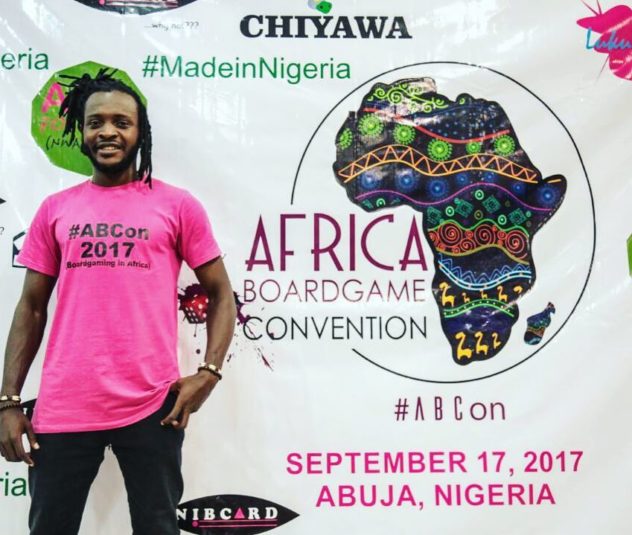
Tell us a little bit about yourself and how you got into board games.
My name is Kenechukwu Ogbuagu KC; I am a tabletop game designer and the Creative Director of NIBCARD Games, a tabletop gaming company where we design, manufacture and promote tabletop games.
My interest in board games began from childhood; however, there wasn’t much option to gaming or events that facilitated gaming. Then in 2013, at the age of 21, I designed my first game for a friend – it was designed out of boredom – and it gradually turned into a movement.
What is your main goal with your work with board games in Nigeria?
Since 2015, one goal has motivated us and it is to create an active tabletop gaming industry in Nigeria and extend it to other African countries. This means that we need to create more games, inspire others to do so, create a desire for Nigerians and Africans to want to play games (indigenous and foreign).

What have been some of the unique challenges you have faced that other game creators and designers might not face?
Being able to control the games I design. The market is still very young and some of my design are in-depth and require more focus. Also, I have to work with very limited resources; for instance, I only just saw a set of dice in 2016. I have never thought there is any other dice apart from the six-sided dice (and 99% of Nigerians have not). Also, we don’t have miniatures (even the simplest ones).
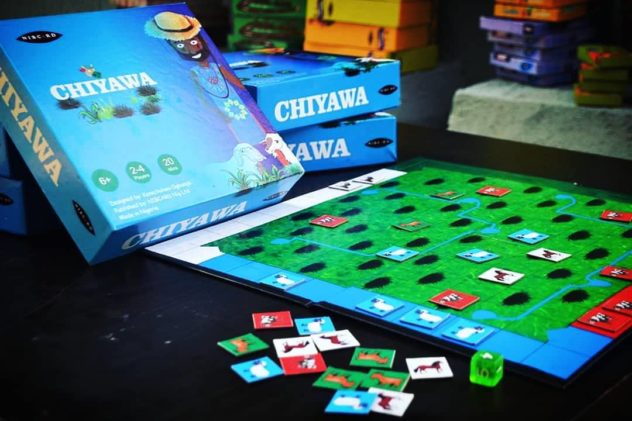
Another challenge is the lack of interest from people to invest their time or resources. It’s new and can be scary, so a lot of people don’t understand the business of things surrounding tabletop games.
What do you believe is the future of board games in Nigeria and the rest of Africa?
The future of board games in Nigeria and Africa is beautiful. People have begun to welcome board games to their home and offices and schools. It’s another great platform to share the Nigerian and African story. And the industry has the potential to create so many work opportunities.
You recently completed an Indiegogo campaign in which you shipped out several different types of games all over the world. What was that experience like?
It was literally one of the best feelings of 2018. It was a dream to design games that can be played outside Nigeria. The experience was thrilling. A mixture of good, very good, bad and learning moments. I want to use this opportunity to thank my team and all our backers. It was a joint effort and I am most grateful.
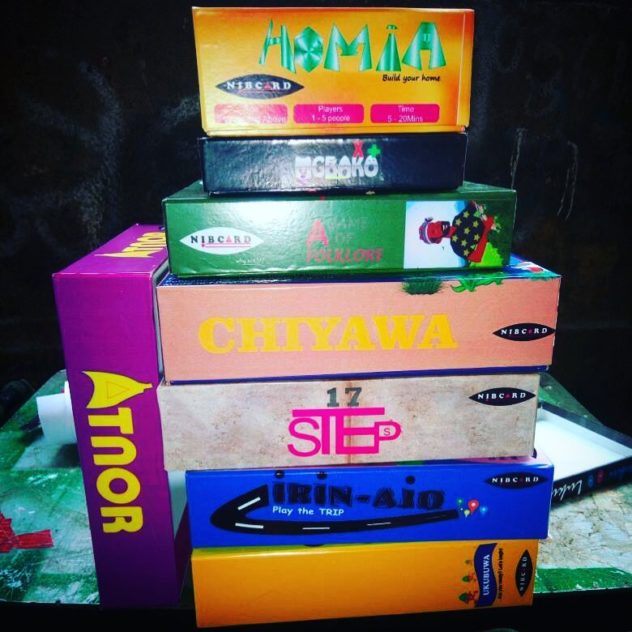
What is your favorite game that your group has made so far?
Hmmmm…people have asked this a lot. I am not sure which my best is. I try to put in almost the same enthusiasm when talking about any of the games and since I have lost in all of the games, they are not my favorites anymore (hahahaha).
Oyyaa seem very interesting, but Hut Alive and The Battle of Adrica are also area control games which I think is my best tabletop theme.
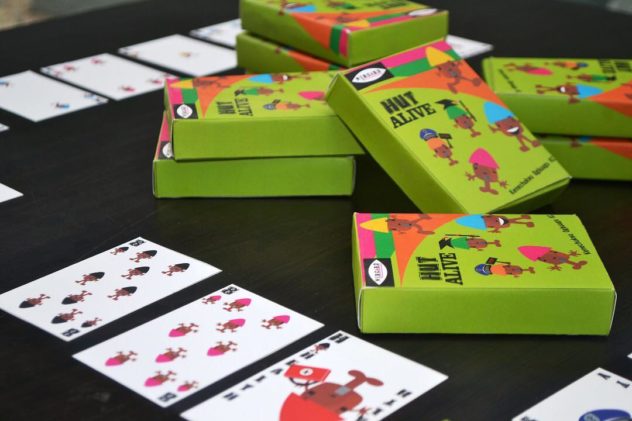
When you’re gaming, what games can we usually find on your gaming table?
I am not so much of a dice game person. I try as much as possible to play games where the chance component is at the minimum. I prefer area control games.
What words of advice would you give to others who want to increase the interest in board games in their part of the world?
I always tell people that board games are more than just a tool for fun; that it also has the potential to tell stories about cultures, that is has the potential to increase learning outcomes, and that it has the potential to become a tool for social change. What this means is that it is so much more than just a toy.
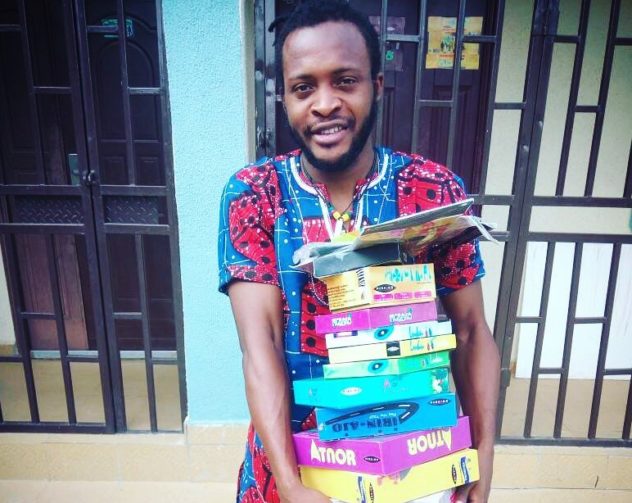
And you should also see it as more than a toy. That way, it brings new perspective on how to go about it in your own context.
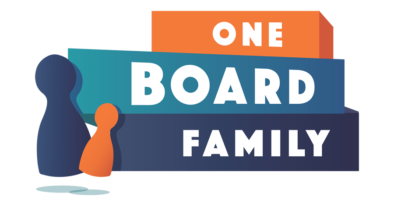
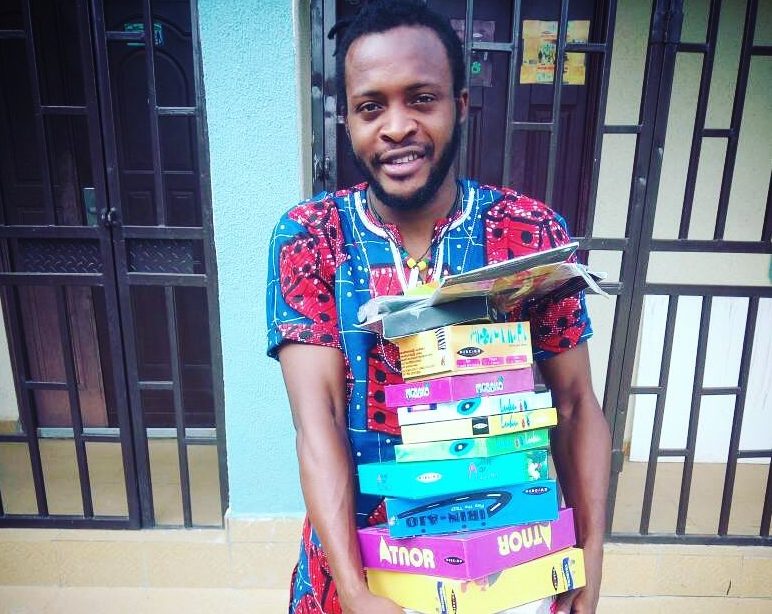
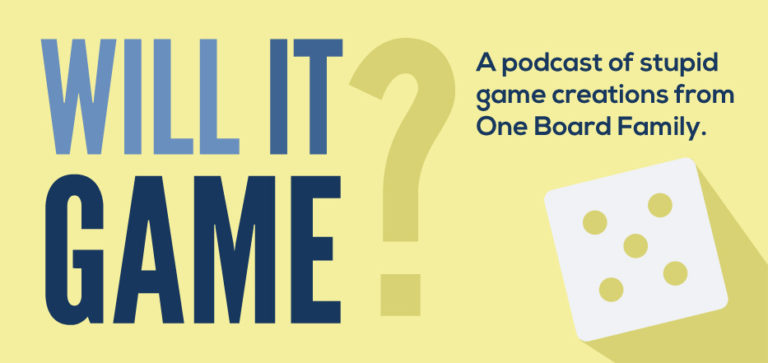

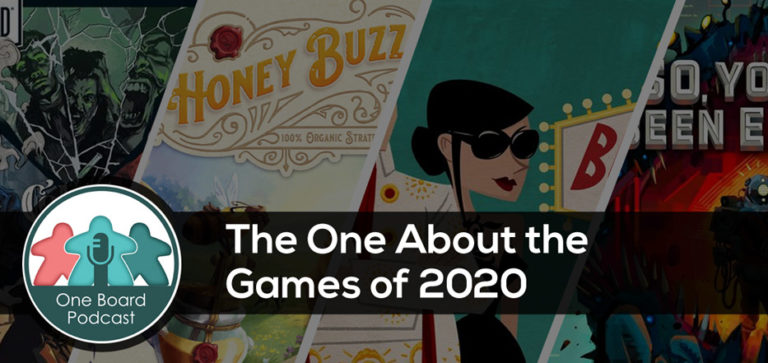
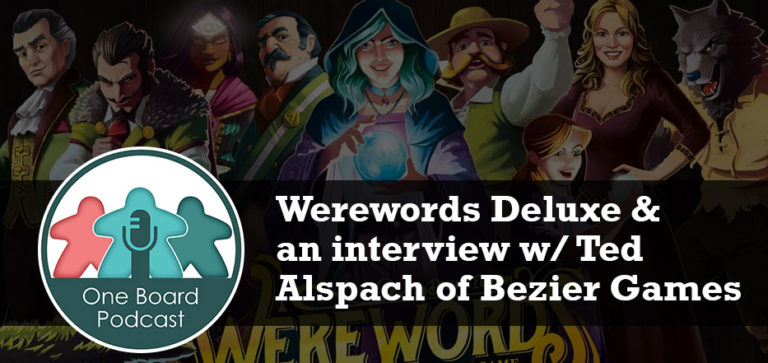
[…] Interview: Kenechukwu Og… […]